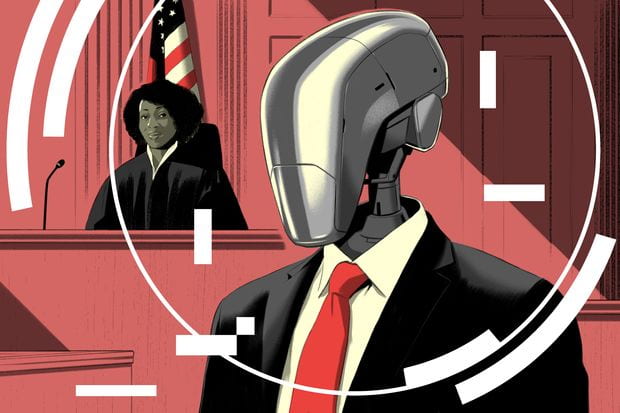Like many other industries, artificial intelligence technology is slowly becoming an existential threat for many young professionals attempting to break into the legal sector. This is because AI is taking over many of the lower-level tasks historically assigned to junior attorneys and legal assistants and performing them in a fraction of the time.
AI has taken over research, litigation forecasting, legal analytics analysis, documents automation, and electronic billing in law firms ranging from small to gigantic throughout the United States. The most devastating of these takeovers is document automation. Writing work that once required a team of junior attorneys to finish in a week has been taken over by writing bots that can complete the same work in minutes.
Obviously, such a dramatic increase in efficiency has caused law firms to find buying a legal writing bot software package and hiring a single junior attorney to supervise its writings much more attractive than hiring and training a whole team of junior attorneys to perform the same work. A depressing fact for the swarms of law students attempting to obtain internships during law school and the graduates trying to start their actual careers.
It is worth noting that just as McKee & Porter recommend in their article “The Impact of AI on Writing and Writing Instruction,” law professors are actively reacting to the technology and have begun to instruct their students on leveraging and working alongside legal AI and writing bots.
For example, Harvard Law School has already started to offer “legal innovation and programming” courses. Hopefully, this proactiveness on the part of legal academics will soften the blow of the shift to legal AI integration by law firms and prevent future attorneys from being left in the dust by the technology.
The technology is not all doom & gloom though, as it does hold genuine benefits for the field of law. In a profession centered around billable hours for charging clients, the ability for legal AI to cut week-long tasks down to minutes allows for law firms to become much more affordable and therefore accessible to the “everyman.”
Overall, Legal AI is a multifaceted issue since it is both a tremendously beneficial technology and a severely disruptive one. On the one hand, it will benefit the workflow of many law firms and improve the process of law itself. On the other, the technology is guaranteed to allow law firms to cut down on employees and make it even harder for young legal professionals to break into the already very competitive legal job market. If “Legally Blonde” ever gets a sci-fi remake, it’ll for sure have to include a plotline about dastardly legal writing bots and their desire to replace so many poor junior attorneys.


